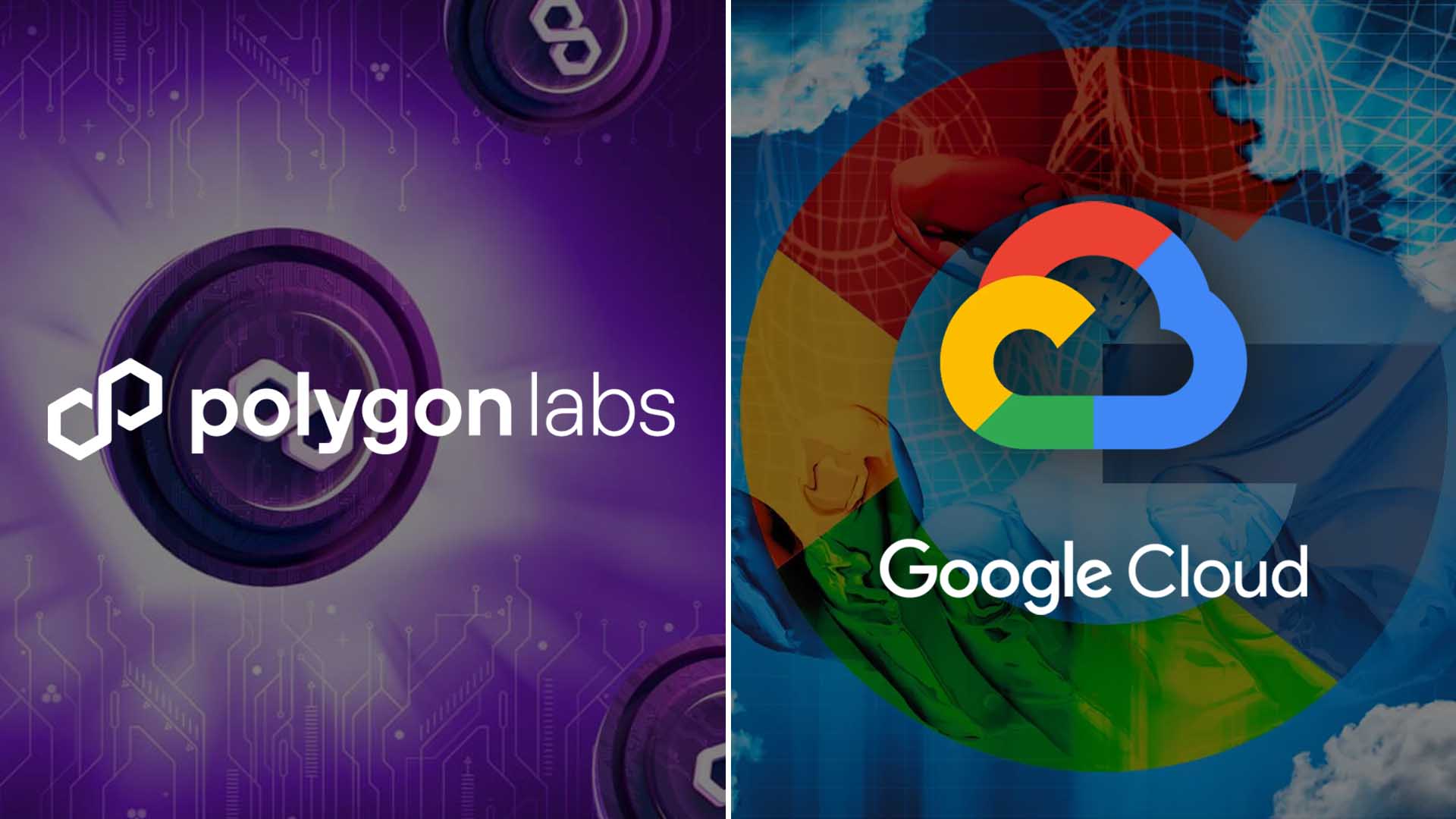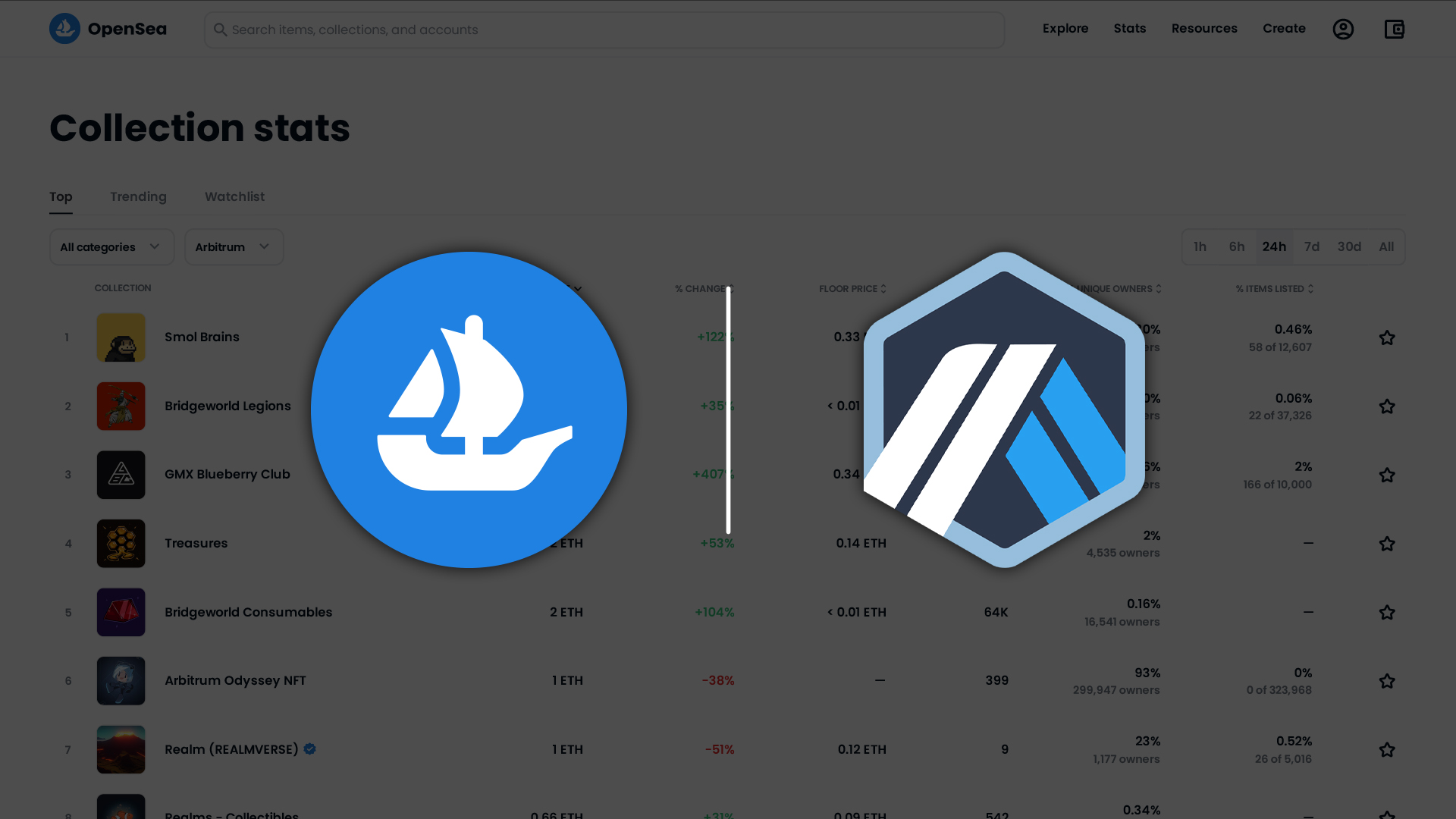Polygon Labs and Google Cloud have revealed a “joint engineering” partnership to aid development in the Web3 space.
As revealed at Consensus 2023 on April 27, the new collaboration will help Web3 developers in employing Polygon’s core protocols, such as Polygon Proof-of-Stake, Polygon Supernets, and Polygon zkEVM.
Google Cloud will contribute its Blockchain Node Engine in the development, launch, and scaling of dApps on Polygon protocols. Blockchain Node Engine is a “fully managed node-hosting service” that will reduce the need for node operations. The tool offers streamlined provisioning, secure development, and completely managed operations.
The integration of the structure and tools with Polygon’s ecosystem will boost the latter’s zero-knowledge development. Polygon had previously tested its zkEVM’s zero-knowledge proofs on the cloud. These tests generated quicker and cheaper transactions relative to the results generated with Polygon’s infrastructure.
Developers can already deploy a Polygon PoS node on the Google Cloud Marketplace to drive their dApps. In 2021, the marketplace listed the Polygon network dataset under the Google Cloud Public Dataset. Developers can make use of this dataset, along with BigQuery and Polygon protocols to utilize real-time blockchain data for decision-making.
Polygon’s zkEVM mainnet beta went live on March 27. What has been regarded as the “gold standard for EVM-equivalence” allows developers to build on Polygon zkEVM with similar codes on Ethereum.
Polygon Labs also announced that a number of early-stage startups supported by Polygon Ventures will be granted access to Web3-centric benefits via the Google for Startups Cloud Program.
Google Cloud’s Managing Director for Customer Engineering and Web3 Go-to-Market, Mitesh Agarwal, noted the firm’s efforts focused on boosting data availability and advancing the performance of scaling protocols, like zk proofs.
He also mentioned that Google Cloud is anticipating growing its partnership with Polygon to provide “fast, frictionless, and secure access to dApps”.
 Lifted A.
Lifted A.













